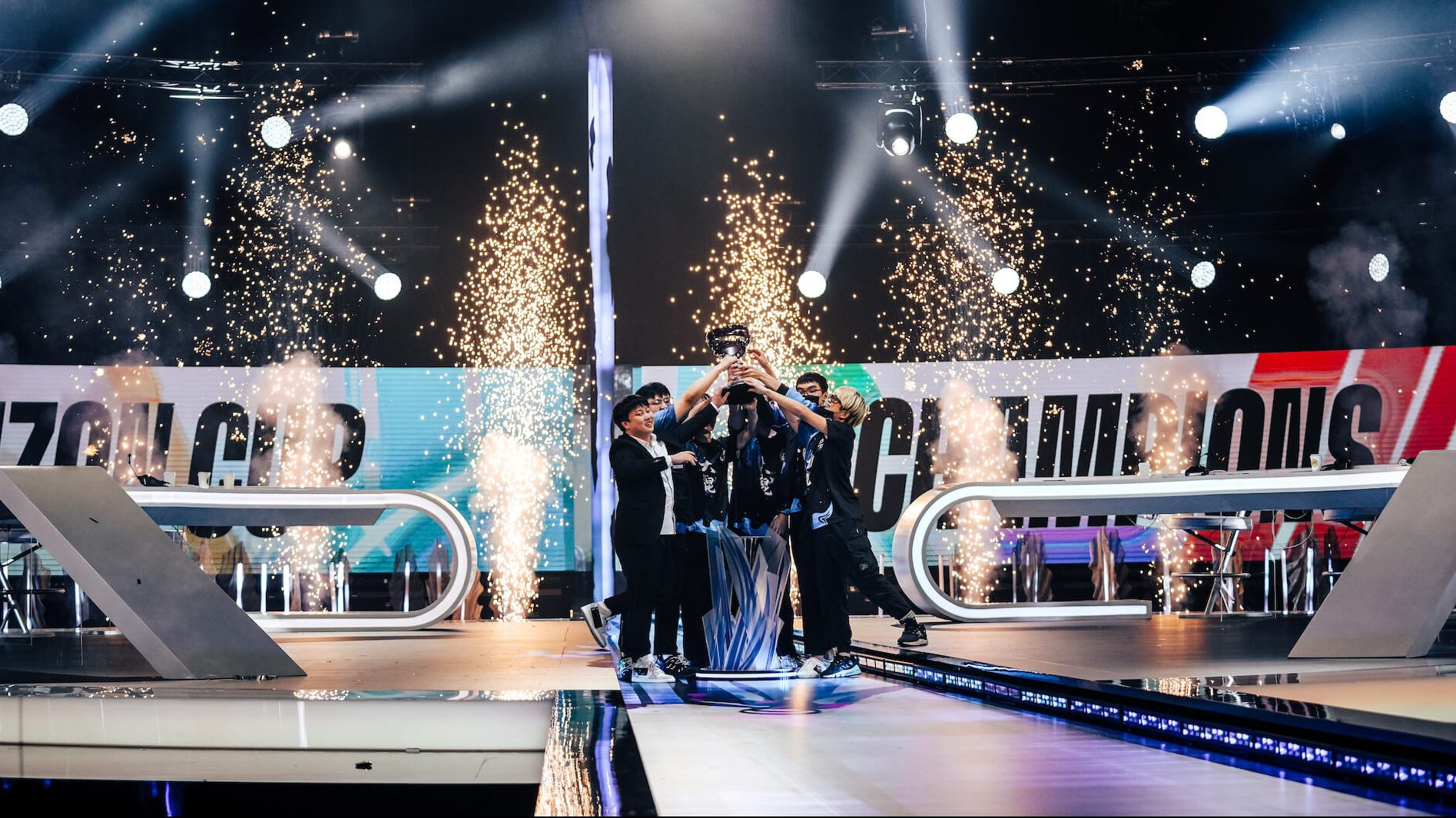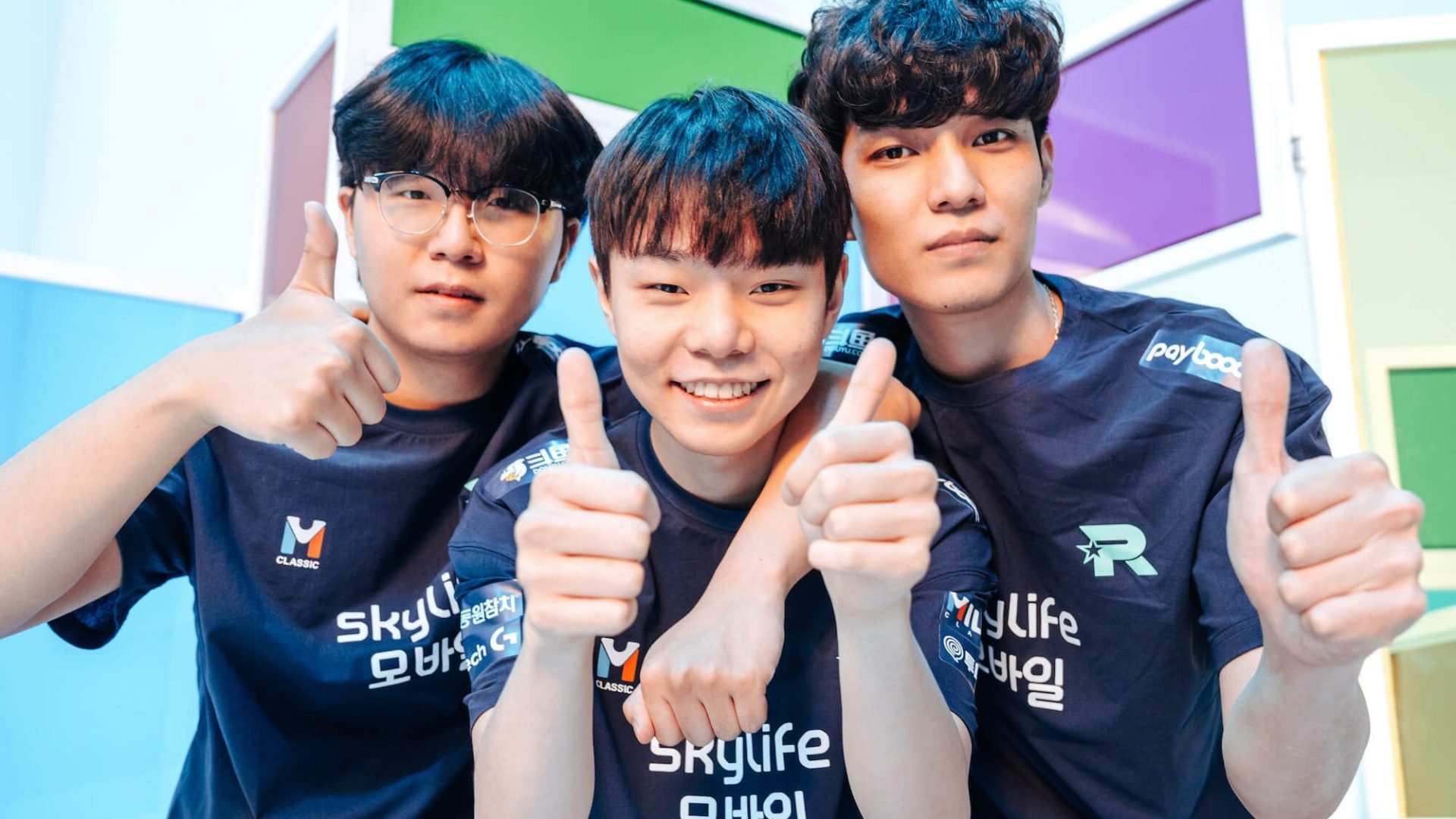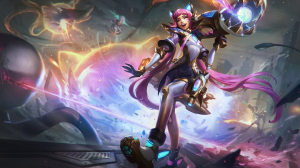League of Legends: Wild Rift is Riot Games’ entry into the wide world of mobile gaming, an absolutely colossal sector of the gaming industry. And as with anything Riot does, gamers have come to expect a robust esports scene. In 2022, Wild Rift Esports began its inaugural season in eight different regions across the world.
Leo Faria, the global head of Wild Rift Esports at Riot Games, said he is already thrilled with the esport’s progress, even as his team continues to learn, ideate and revise.
“I never shied away from saying we are late to the party in mobile and there’s so much for us to learn from the community,” Faria said.

Wild Rift is a multiplayer online battle arena just like League of Legends, the game it is derived from. That said, being on mobile means that it’s not a one-to-one port of the PC game. Faria said the Wild Rift team would rather create a fulfilling mobile game even if it doesn’t exactly mirror League of Legends.
It’s important to note Wild Rift is by no means the first mobile MOBA. Games like Mobile Legends: Bang Bang and Arena of Valor already occupy a similar space to what Wild Rift is targeting. That extends to esports as well. The Arena of Valor International Championship at the end of 2021 drew close to 900,000 peak viewers, according to Esports Charts.
But Faria said he is less concerned with what the competitors are doing and more with what he sees as the path toward Wild Rift being successful, both as an esport and more broadly. The key to that success, he said, is engaging the player base.
When it comes to Wild Rift, Riot want to gives players “what they need” and “what they want,” even if it means moving away from League of Legends’s tried and true formulas.
“When you go into a space where there is established players… you need to give your audience a reason to even consider playing your game,” Faria said. “Our whole philosophy revolves around one very important aspect: doing things better is a lot more important than doing things first.”
Riot Games’ decision to branch into mobile is yet another sign that mobile gaming and esports are on the rise. Beyond accessibility and global appeal, Faria said he thinks the growth can also be attributed to the overall quality of mobile games. As phone technology gets better, so too do the games played on them.
“We are now seeing people who are deciding to give mobile gaming a try, playing games like Wild Rift and saying ‘holy s***, this game is actually good,'” Faria said. “‘It runs on my phone, but it’s good.'”
Wild Rift Esports
Faria and his team are already beginning to see performance metrics for their Wild Rift regional leagues. As expected, Brazil and Southeast Asia — mobile gaming strongholds — are doing well.
In other regions, Wild Rift Esports are still hunting for a foothold. North America and Europe are two continents that haven’t fully adopted mobile gaming and esports, as PC gaming and consoles still reign. However, that won’t deter Faria and Riot from trying to break through to that audience.
“We continue to be committed to all eight of the regional competitions,” he said. “One of our biggest goals is to create the first truly global mobile sport.”
That global philosophy is reflected in their recently announced founding partner, Coca-Cola. The partnership will be reflected in all eight regions of Wild Rift Esports, across the world. Similarly, international events like the upcoming Wild Rift Icons Global Championship will also reflect the global nature of the esport by bringing teams together from every region.

In the meantime, Faria and the Wild Rift Esports team are continuing to learn about mobile esports, from how long a competition should be to the ideal seating arrangements for players.
Riot wants a piece of the mobile esports pie, but that means venturing into unfamiliar territory. If their success thus far with VALORANT esports — foraying into the already established world of tactical shooters — is anything to go off of, then Wild Rift Esports could be booming soon.
“These first few months have been super encouraging and a great learning opportunity for all of us,” Faria said.







